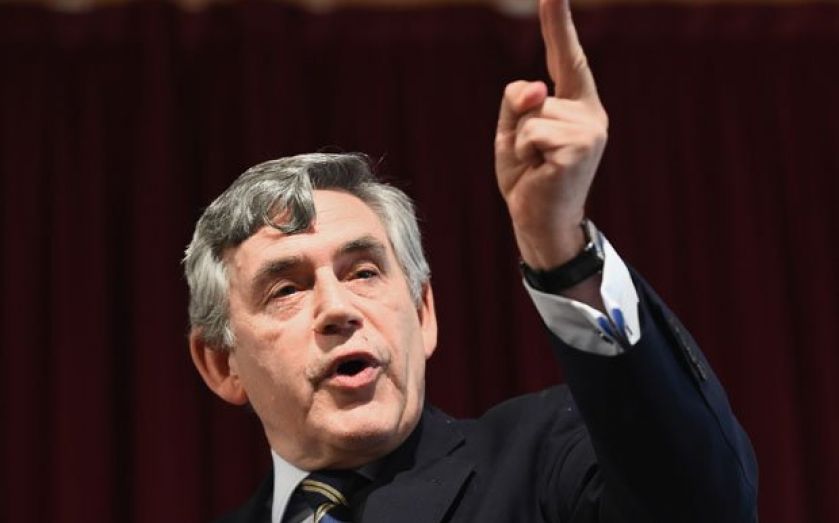As politicians pledge more powers to Scotland, could this swing the referendum’s outcome?

Rob Wood, chief UK economist at Berenberg Bank, says Yes.
Scottish voters certainly want additional powers over their own affairs.
If the UK government can credibly offer that without the need for splitting the country, it could convince some voters not to take the risk of independence.
Alex Salmond has dismissed this so-called “devo max” option.
It probably won’t convince a huge number of voters to change their mind in what is, for some, an emotional decision. Moreover, there is a risk that offering options at such a late stage will appear desperate.
But there is a precedent for this sort of strategy working.
The Canadian government pursued a similar idea as polls tightened in Quebec ahead of the 1995 independence referendum.
Final polls showed 53 per cent of voters in favour of independence, but the referendum ended with 50.6 per cent against. Scotland seems to be heading for a re-run of that experience.
In a tight race, even a small effect from any devo max proposal could make the difference.
Tom Mludzinski, head of political polling at ComRes, says No.
There are many reasons why public opinion in Scotland may swing back towards a No vote, but a last-minute announcement by chancellor George Osborne (or Gordon Brown for that matter) is unlikely to have a great impact in itself.
With little trust in Scotland towards Westminster politicians – especially Conservative ones – the programme for more powers is likely to be received with some scepticism, particularly given that it comes when the Yes vote is ahead in the polls for the first time.
A plan for greater devolution of powers may help alleviate some concerns, and give the No campaign a slightly more positive offering.
But it needs effective campaigning and credible messengers to ensure voters hear it.
Supporters of the No campaign may be shocked into action given the rise of Yes in the polls, having perhaps become complacent in recent weeks.
But unionists have had plenty of time to offer a plan. Their timing is now probably best described as unfortunate.